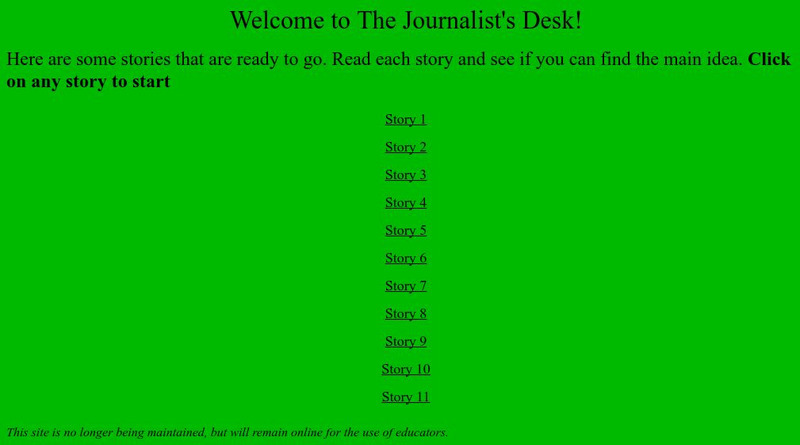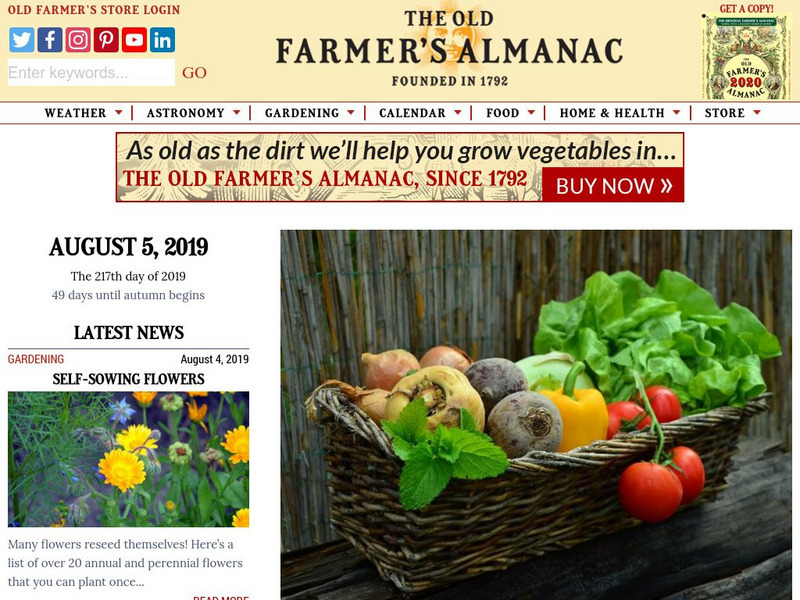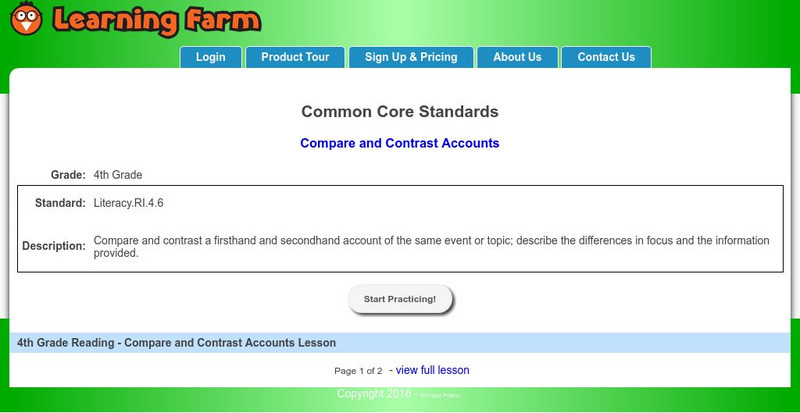ReadWriteThink
Read Write Think: Using Science Texts to Teach the Organization of Nonfiction
Contains plans for three lessons that use science textbooks to teach about the organizational features of nonfiction such as labels, captions, headings, and fonts. In addition to objectives and standards, this instructional plan contains...
New Zealand Ministry of Education
Nz Ministry of Education: Extra! Extra!
In this lesson students will learn about newspapers including the parts of a newspaper, purpose, and structure of articles. They will gather, record and present information from a variety of sources, using different technologies and...
Other
Do History: Using Primary Sources
This site explains the difference between a primary and secondary source. It also provides students with questions to ask when gathering evidence about a primary source document.
Library and Archives Canada
Nlc: Defining Primary and Secondary Sources
Libraries and archives hold documents and books that can be used for your research projects. Learn how to divide and identify them into primary and secondary sources in this tutorial.
ReadWriteThink
Read Write Think: Research Building Blocks: "Cite Those Sources!"
Contains plans for two lessons about the research process. Students discuss plagiarism, practice paraphrasing, and cite sources. In addition to objectives and standards, these instructional plans contain links to sites used in the...
ReadWriteThink
Read Write Think: Research Building Blocks: Notes, Quotes, and Fact Fragments
Contains plans for a lesson on taking notes that is part of a larger unit on researching a state symbol. It works on skills like figuring out what information is relevant and irrelevant, using a variety of sources, and paraphrasing. In...
TES Global
Tes: Guided Reading Resources: Nonfiction
[Free Registration/Login Required] This learning module contains several guided reading resources. Students will be able to use the charts to guide themselves as they discuss informational texts and persuasive texts. Teachers can monitor...
Scholastic
Scholastic: Building Research Skills, Grades 4 8
Students in Grades 4 through 8 will benefit from these research skills activities. This resource provides several learning activities and tips. CCSS.ELA-Literacy.WHST.6-8.7 Conduct short research projects
Other
Awesome Library
Awesome Library's searchable database is full of resources in all subject areas. It also provides information to parents, students, teachers, principal, family, and community.
Read Works
Read Works: Secrets of the Past
[Free Registration/Login Required] This passage is a stand-alone curricular piece that reinforces essential reading skills and strategies and establishes scaffolding for vocabulary learning. It contains questions and teacher guides and...
Scholastic
Scholastic: Investigating Nonfiction Part 3: Independent and Guided Reading
This article provides tips for using nonfiction with guided reading and independent reading. The following strategies are shared: ways to help kids select "just right" nonfiction books; lessons to use with nonfiction in guided reading...
Discovery Education
Discovery Education: Your Daily Learning Platform
An index to the Discovery Channel. Find resources for teachers, students, and even parents, from science experiments to math help, to virtual field trips.
Read Works
Read Works: Classify and Categorize 4th Grade Unit
[Free Registration/Login Required] A three-lesson unit on classifying and categorizing through which students learn how to organize research into an outline, use text features to locate information, and write a research report. Lessons...
Read Works
Read Works: Fourth Grade: Two Lesson Unit: Fact and Opinion
[Free Registration/Login Required] A two-lesson unit on fact and opinion through which students identify facts and opinions in a newspaper article and understand how facts support opinions in an editorial. With free login, users have...
George Mason University
Gmu: Virginia Montecino: Criteria to Evaluate the Credibility of Www Resources
An easy-to-follow guide to assist in determining whether online resources are reliable and true. Find questions to ask while reviewing sources. CCSS.ELA-Literacy.CCRA.W.8 and CCSS.ELA-Literacy.CCRA.R.9
Grammarly
Grammarly Handbook: Evaluating Resources
This page explains the need for evaluating resources and offers links to rules for evaluating primary, secondary, or tertiary resources and determining if resources are good or bad.
ReadWriteThink
Read Write Think: Cnn Debuted as the First Television News Network in 1980
These lesson plans relate to the gathering and production of news and creating a visual timeline. There are links to other lesson plan ideas, as well as web links, and a brief bibliography. SL.11-12.2 Eval&Integrate sources
Other
How to Study: Taking Notes in Class
In order to take notes effectively, an easy to follow system is suggested at this site. This page is geared towards students of all ages.
Other
What Is Media Literacy?
This web quest will ask students to read and think critically about some of the media sources they are familiar with. Students will look closely at the purposes of the different kinds of media, look at the techniques used to create the...
Scholastic
Scholastic Teaching Resources: Five Finger Facts [Pdf]
From Just-Right Reading Response Activity Sheets for Young Learners, this graphic organizer can be used when students read informational texts. As responses to nonfiction, students will write the following information about their...
University of Houston
University of Houston: The Journalist's Desk
This site includes eleven brief newspaper stories. Students must identify the main idea of each short news story.
Other
Allwritewithme: Rubrics & Checklists for Fourth Grade Informative Writing
This collection of rubrics and checklists can be used for formative and summative assessments. Students can use many of these to self-assess during various phases of the informative writing process, and teachers may use these to guide...
Other
The Old Farmer's Almanac
Need information about the weather, history, gardening, or astrology? Look in the Farmer's almanac for much useful information. Enter your city and state to get local weather and more local information.
Other
Learning Farm: Compare and Contrast Accounts
Students will practice comparing and contrasting a firsthand and secondhand account of the same event or topic.


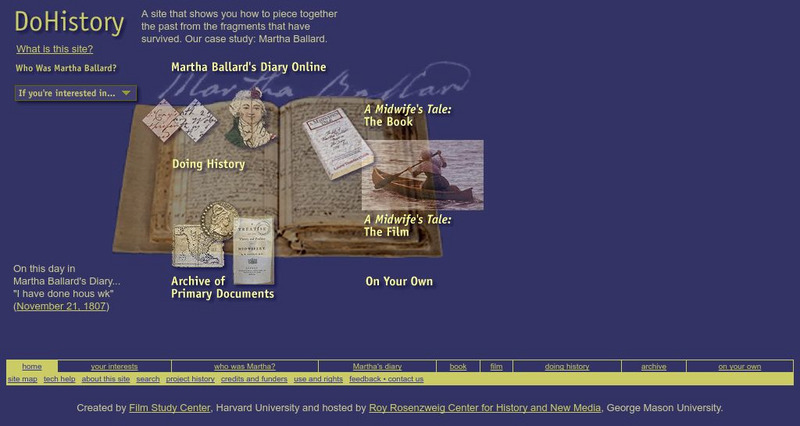



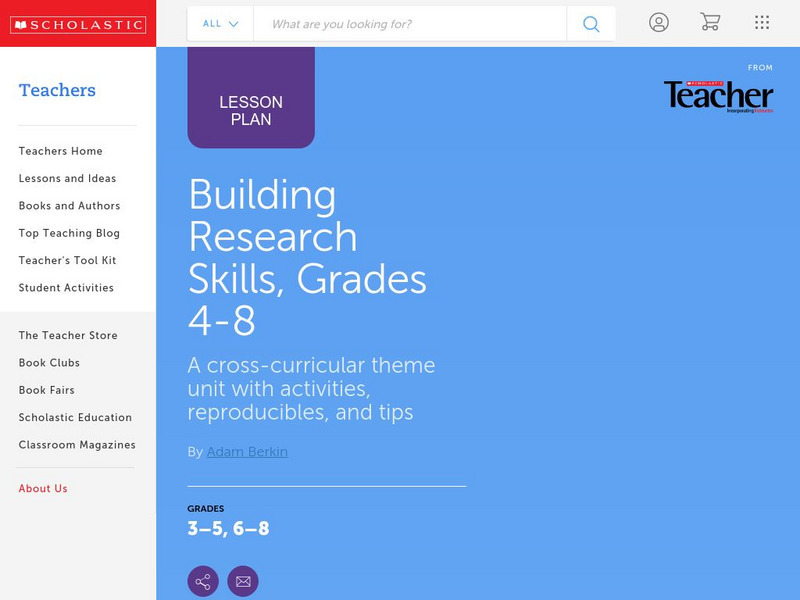






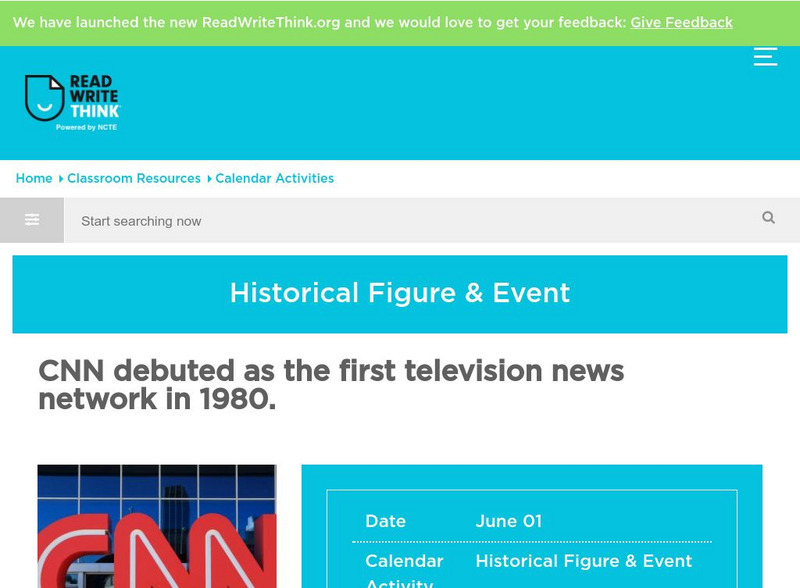

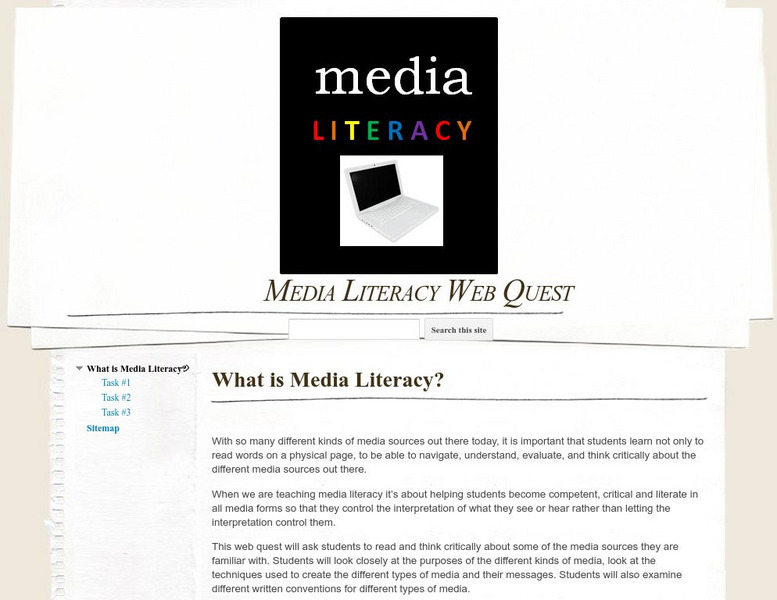
![Scholastic Teaching Resources: Five Finger Facts [Pdf] Graphic Scholastic Teaching Resources: Five Finger Facts [Pdf] Graphic](https://content.lessonplanet.com/knovation/original/261454-1ed71ed4b96b74111872432db98b51cc.jpg?1661510815)
